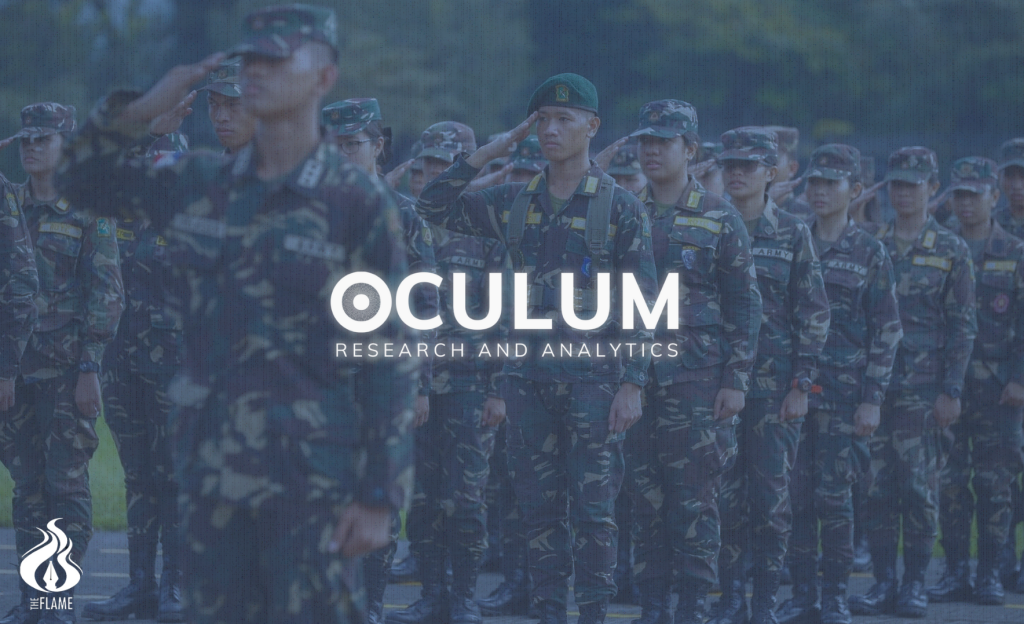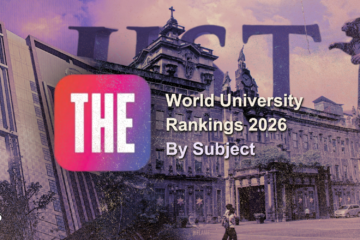
DESPITE CLAIMS by some groups that the mandatory Reserve Officers’ Training Corps (ROTC) is prone to abuse and corruption, the results of a recent nationwide poll suggested that half of Filipinos favor the revival of the program.
In a survey by Oculum Research and Analytics Philippines conducted last July and released on Sept. 1, 50% expressed support for the return of the mandatory ROTC for college students.
“This result suggests a balanced perspective on the importance of military training as part of higher education,” Oculum chief statistician Joseph Mercado said in a statement.
The Oculum third quarter national survey conducted from July 17 to 31 asked 1,200 respondents to rate their support for 15 national issues or programs using a five-point scale.
A total of 551 respondents expressed support for the revival of mandatory ROTC. While the figure is equivalent to about 46% of the total respondents, the percentage cited was 50% because the base or total used was the number of survey respondents who gave an answer to each item. Non-responses were excluded.
The mandatory ROTC program was made optional in 2002 following the killing of Thomasian Mark Welson Chua, a cadet who had exposed the anomalies in his unit.
Last year, President Ferdinand Marcos, Jr. included the bill reviving the mandatory military training in the list of his priority measures. Supporters of the bill claim that it will instill discipline and patriotism among the Filipino youth but some sectors argue that the measure will promote a culture of violence, impunity and sexism.
The Pantawid Pamilyang Pilipino Program or 4Ps, which provides financial assistance to poor households, gained the highest support in the poll with 91%, followed by climate action (54%) and the K to 12 educational reform (53%).
“Since majority of the respondents are from Class D, this may explain the strong public support for the 4Ps program,” Oculum chief political analyst and UST political science Asst. Prof. Dennis Coronacion said.
Other issues covered by the poll include rice importation (45%), small town lottery (35%), the Maharlika Investment Fund (34%), anti-communist insurgency (23%), divorce bill (22%) and SOGIE bill (21%).
Mining (18%), same-sex marriage (17%), partnership with China (15%), POGO (9%) and e-sabong (7%) were the issues that got the lowest levels of public support.
Oculum surveyed Filipinos aged 18 and above from Metro Manila, Luzon, Visayas and Mindanao, with each region accounting for a quarter or 300 of the total respondents. For each of the four regions, the areas surveyed were randomly selected through a computer-assisted tool. The survey had a margin of error of +/- 3 points at the national level.
Oculum Research and Analytics Philippines is a public opinion poll body led by professionals from the fields of communication and media, political science and the social sciences. In a statement, the group said it “seeks to diversify the pool of credible and reliable sources of data, analytics, and information in the Philippines.” F – Katherine Chan



